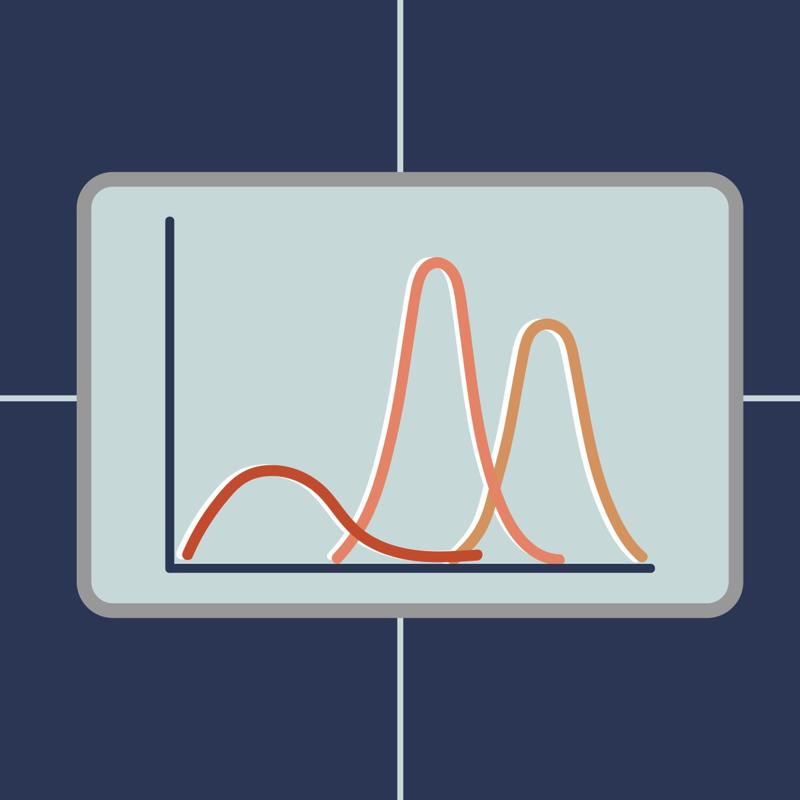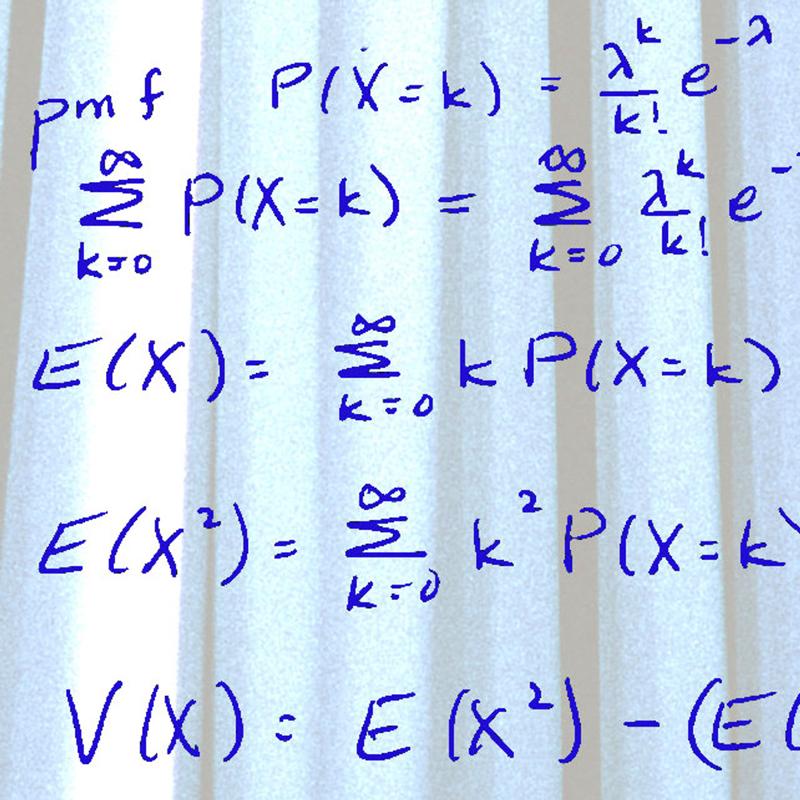Course overview
- Provider
- Datacamp
- Course type
- Free trial availiable
- Deadline
- Flexible
- Duration
- 4 hours
- Certificate
- Available on completion
- Course author
- Victor Medina
Description
Learn mixture models: a convenient and formal statistical framework for probabilistic clustering and classification.
Mixture modeling is a way of representing populations when we are interested in their heterogeneity. Mixture models use familiar probability distributions (e.g. Gaussian, Poisson, Binomial) to provide a convenient yet formal statistical framework for clustering and classification. Unlike standard clustering approaches, we can estimate the probability of belonging to a cluster and make inference about the sub-populations. For example, in the context of marketing, you may want to cluster different customer groups and find their respective probabilities of purchasing specific products to better target them with custom promotions. When applying natural language processing to a large set of documents, you may want to cluster documents into different topics and understand how important each topic is across each document. In this course, you will learn what Mixture Models are, how they are estimated, and when it is appropriate to apply them!
Similar courses

-
Flexible deadline
-
18 hours
-
Certificate

-
Flexible deadline
-
12 hours
-
Certificate

-
Flexible deadline
-
48 hours
-
Certificate
-
English language
-
Recommended provider
-
Certificate available
